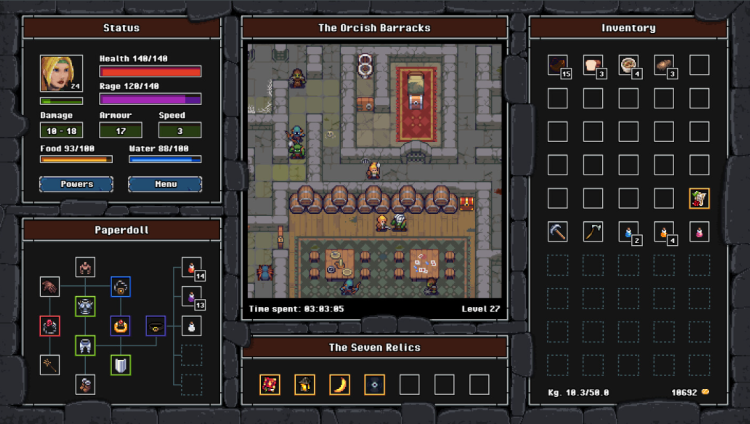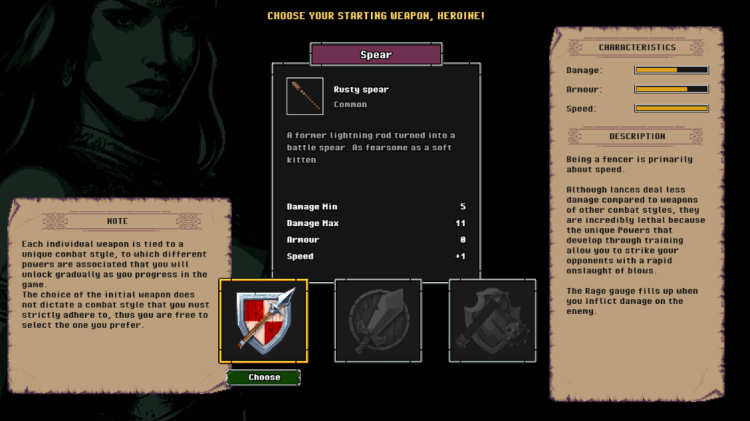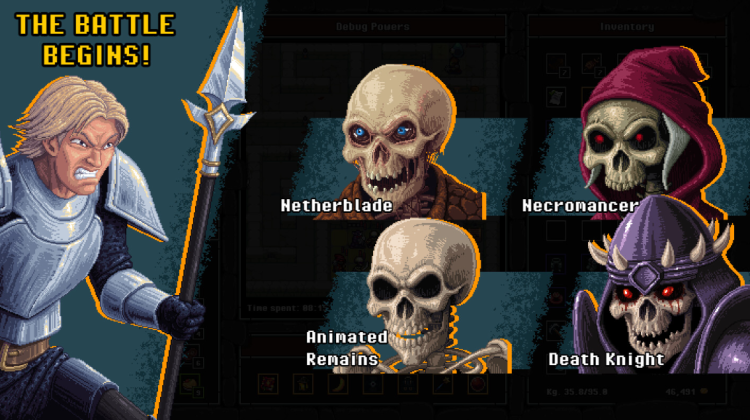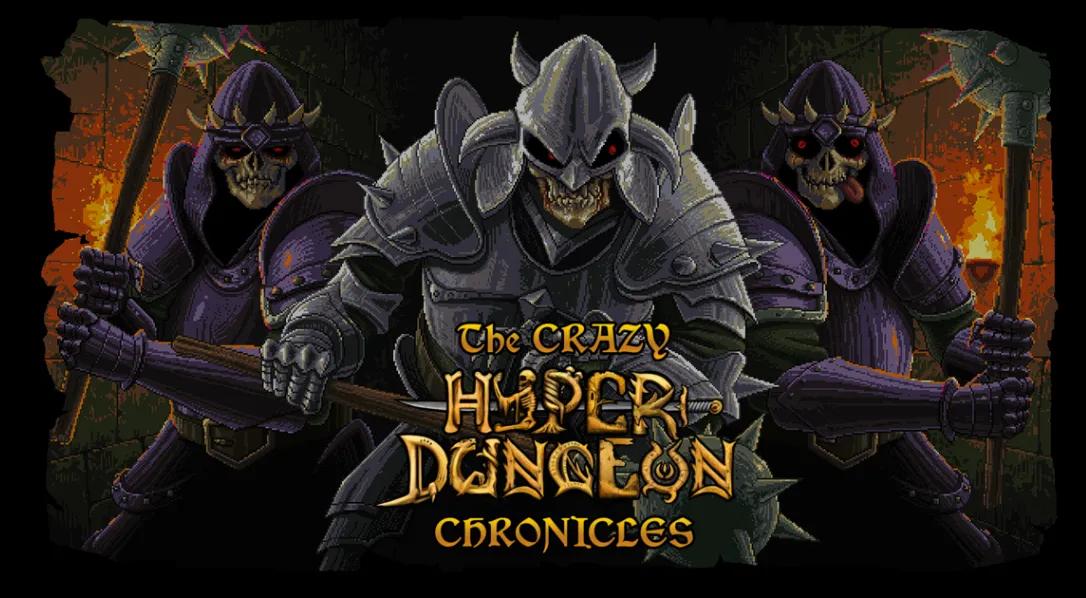Kazara "Boktan Zindan" Başlığı Japonya'da Bağımsız RPG'nin Viral Olmasına Yol Açtı
An indie developer has learned how quickly a small localization mistake can reshape a launch story. Fix-a-Bug, the Italian team behind The Crazy Hyper-Dungeon Chronicles, unexpectedly benefited from viral interest in Japan after its game appeared on Steam under the accidental title “Shitty Dungeon.” The incident, which unfolded in August during the game’s demo release, turned a translation lapse into a wave of attention that the studio now characterizes as accidental marketing.
The role-playing game, a satirical 2D dungeon crawler, launched last week to positive user reviews. Yet its brief life as “Kuso Dungeon,” the Japanese term that can mean “Crap Dungeon” or “Shitty Dungeon,” paved a surprising part of its path to release. Without professional localization in place at the time, the title slipped through unchanged on Steam’s Japanese store page, catching the eye of players who quickly shared screenshots and jokes across X and Discord. Curiosity followed, and so did Wishlists.

Paolo Nicoletti, the creator of the game, addressed the mishap in interviews with Game*Spark.
“Everyone was cracking up, and honestly, I also laughed a lot about it. It was completely unintentional,” he said. “It ended up bringing the game a lot of attention, and the number of Wishlists soared.” — Paolo Nicoletti
His comments echoed in a later discussion, where he called the outcome “accidental marketing at its finest,” describing how the store page update came swiftly, but the fascination lingered long enough to propel interest ahead of release. Viral posts surfaced within days, driven by players amused at the blunt phrasing and intrigued enough to investigate the project itself.
The earliest spark appears to trace back to August 8, when the Japanese Steam listing went live. The mistranslation spread quietly at first, then pulsed through the enthusiast community. By August 13, players had reported it on the developer’s Discord, and the conversation expanded across X and gaming forums. The issue surfaced just ahead of the Tokyo Game Show, where the title was selected for the indie program. In that pre-release period, players also flagged stilted machine-translated text in the game’s demo build, indicating the studio's localization efforts were still underway.
What might have been a footnote turned into a notable episode. With no paid campaign behind it, the oddness of the mistranslated title cut through the noise of weekly indie releases. Protecting a game’s identity is often the concern in such moments, yet here, the moment created exposure instead of confusion. Some players said they downloaded the demo purely because a title so blunt demanded investigation. Others added the game to their Wishlists “for the meme,” but found enough quality in the experience to stay.

The game’s reception since launch suggests the humor did not overshadow the substance. The Crazy Hyper-Dungeon Chronicles currently holds a Mostly Positive rating on Steam. Reviewers have highlighted its dry comedic tone, rhythmic combat loops, and substantial pixel-art detail. A mixture of dungeon-run action and self-aware writing anchors the experience, supporting the notion that the unplanned spotlight did not expose a thin product. Feedback on the combat pacing and balance is informing updates, according to Nicoletti, and the team has continued adjusting systems that players identified during the demo period.
Japanese-language users offered some of the most direct feedback after the incident. Many expressed surprise that the joke title masked a polished indie effort. Phrases like “humor that lives up to the name” and praise for “great, detailed pixel art” circulated in early comments. One Steam reviewer noted that although “Shitty Dungeon” initially sounded like a gag project, the blind purchase paid off. The player cited the combat system’s structure and the balance between absurd dialogue and genuine challenge, a combination that indicates mindful pacing across the experience.
Translation quirks are not new in gaming culture, and the studio’s experience underscores their unpredictable power. Memorable misrenderings such as “All your base are belong to us” and “What is a man? A miserable little pile of secrets” came from more mechanical errors, yet they left enduring marks on internet history. The link between the present case and those past examples rests less in outcome than in the reminder that a single phrase can ricochet far beyond intention.

Fix-a-Bug’s story, however, differs in one key way. What began as a machine-translation oversight ended not as a trivia note but as a genuine marketing bump. The studio did not push the joke, nor did it lean into the error once discovered. Instead, the moment passed quickly, the correct title returned, and player attention proved sticky rather than fleeting. That reaction reflects a space where humor and curiosity intersect with sustained interest in craft. Independent developers regularly face the challenge of establishing visibility in crowded launch windows. In this case, a slip opened the door, and the product held attention once players stepped through.
The team now works to support the game with post-launch updates and continued community engagement. For a small studio, the sequence offered a lesson in unexpected visibility. Attention can arrive from angles no one anticipates, and sometimes a title’s brief life under an unintended name can build more momentum than any planned beat.
The Crazy Hyper-Dungeon Chronicles is available on PC (Steam).

Yorum